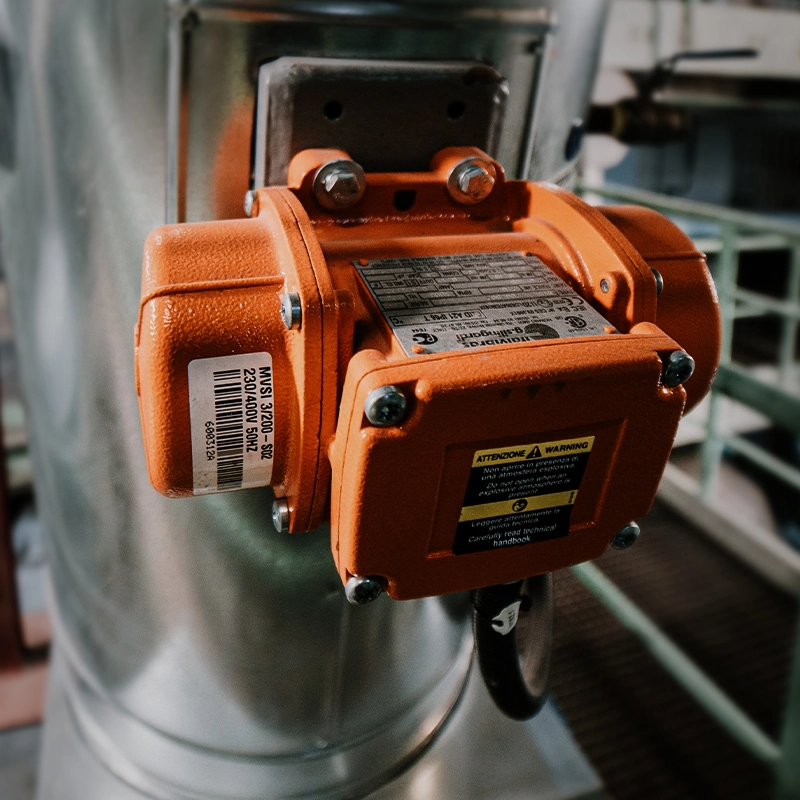Mobile:+86-311-808-126-83
Email:info@ydcastings.com
permanent aluminum mold
The Significance of Permanent Aluminum Molds in Modern Manufacturing
The manufacturing industry has witnessed a revolutionary transformation with the adoption of innovative technologies and materials. Among these advancements, permanent aluminum molds stand out, playing a critical role in enhancing production efficiency and product quality. These molds, made from aluminum alloys, are utilized primarily in processes like die casting, injection molding, and thermal forming, making them valuable assets in a multitude of industries.
Benefits of Aluminum Molds
One of the main advantages of permanent aluminum molds is their durability. Unlike traditional molds made from steel, aluminum molds are lighter and easier to handle, which can significantly reduce setup and operational times. The lighter weight translates into easier transport and maneuverability, facilitating quicker production cycles. Furthermore, due to their excellent thermal conductivity, aluminum molds can improve heating and cooling processes. This efficiency leads to shorter cycle times, higher production rates, and ultimately lower costs.
Another significant benefit is the high precision that aluminum molds can provide. The manufacturing process for aluminum molds allows for tighter tolerances and better fitting components. This precision is especially crucial in industries where the smallest misalignment can lead to substantial costs in terms of material wastage and rework. Consequently, businesses utilizing aluminum molds experience improved product quality and reduced scrap rates.
Applications in Various Industries
Permanent aluminum molds find diverse applications across industries such as automotive, aerospace, consumer goods, and electronics. In the automotive sector, these molds are used for producing various components, including engine parts, housings, and more. The lightweight properties of aluminum contribute to weight reduction in vehicles, which is increasingly important for fuel efficiency and performance.
In the aerospace industry, precision and reliability are paramount. Aluminum molds allow for the production of complex parts with intricate designs that meet strict regulatory standards. The ability to create lightweight and durable components helps in improving the overall efficiency of aircraft, contributing to significant cost savings in fuel consumption over time.
Consumer goods manufacturers also benefit from aluminum molds, as they facilitate the production of everyday items such as containers and appliances. With the rising consumer demand for efficient and visually appealing products, aluminum molds provide the necessary versatility and adaptability to create designs that cater to evolving market trends.
permanent aluminum mold

Environmental Benefits
As industries strive for sustainability, permanent aluminum molds present ecological advantages. The production process of aluminum molds often involves less energy compared to traditional mold materials, leading to a smaller carbon footprint. Furthermore, aluminum itself is highly recyclable. This characteristic means that molds can be repurposed at the end of their life cycle, reducing waste and promoting a circular economy.
In addition, the lighter nature of aluminum products contributes to reduced energy consumption in transportation and logistics, further supporting environmentally friendly practices.
Challenges and Considerations
Despite their numerous advantages, there are challenges associated with the use of permanent aluminum molds. The initial costs of aluminum molds can be higher than steel molds, mainly due to the advanced technology required for their production. Companies must assess their long-term production needs and volumes to determine whether the investment will yield significant savings.
Moreover, while aluminum molds are resilient, they may not be suitable for every application, especially in environments requiring extreme durability. Understanding the specific demands of the product being manufactured is crucial in making informed decisions regarding mold materials.
Conclusion
In conclusion, permanent aluminum molds represent a significant advancement in manufacturing technology. Their durability, efficiency, precision, and environmental benefits make them an attractive option for various industries. As companies continue to innovate and push the boundaries of production capabilities, aluminum molds are likely to play an increasingly integral role in shaping the future of manufacturing. By harnessing the strengths of aluminum, businesses can thrive in a competitive marketplace while also promoting sustainability and quality in their products.
-
Understanding Metal Casting TechniquesNewsApr.02,2025
-
Understanding Exhaust Manifolds for Enhanced Engine PerformanceNewsApr.02,2025
-
The World of Metal FabricationNewsApr.02,2025
-
Key Components for Pump and Turbo EfficiencyNewsApr.02,2025
-
Essential Tools for Automotive Maintenance and RepairNewsApr.02,2025
-
Durable Valve Components for Effective Water ManagementNewsApr.02,2025











